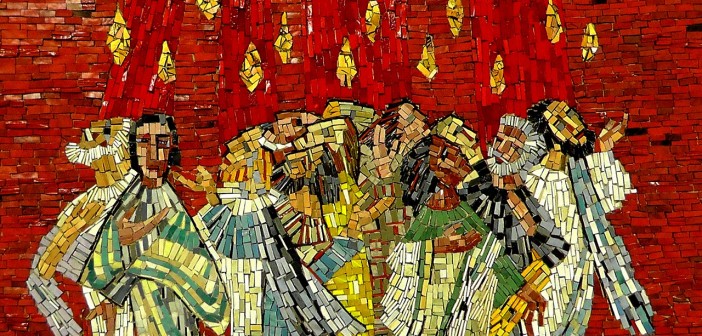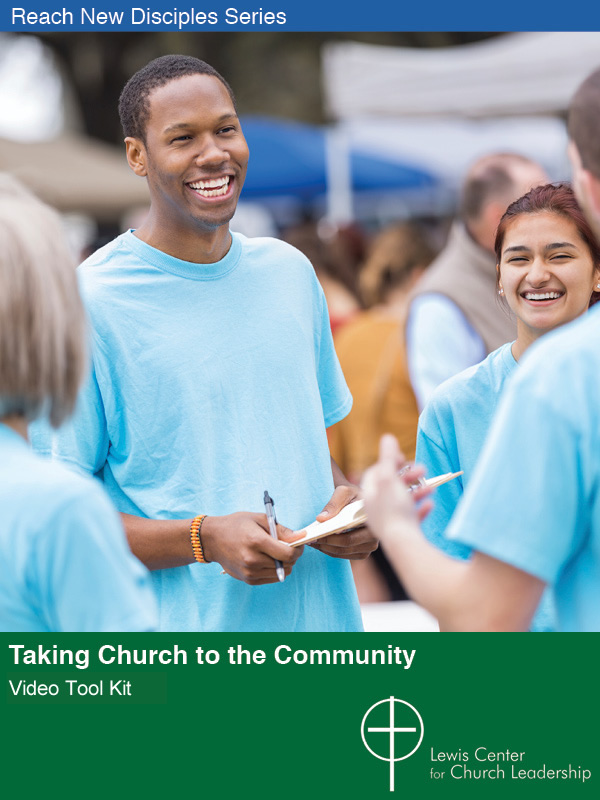Her name is Essalia. She is 25 years old. Ella no tiene tampoco novio o esposo, no sweetheart and no husband, but she is going to have a baby. She also does not speak English. Once we got our names straight at the nail salon when I was on vacation, she commented on my ring. “Que bonita! Su esposo es muy especial.” Your husband is very special. “Yes,” I said. She called in her younger, más joven, and more salty amiga, Alejandra.
The hard thing about diversity in culture is being heard and known — saying clearly enough what you mean for others to get it, to not be offended, to get you, and to feel also as though you get them.
“See the ring,” she said in Spanish. Alejandra liked the ring, but she liked my $5.00 sunglasses more. I sensed they often rehearsed this scene, commenting on the goods of clients. I found myself embarrassed, a word close to the one for pregnant in Spanish. I thought: I am so full of wealth and benefits; and these gals have so little relative to what we do. “Cuánto cuesta eso?” asked Essalia. How much did the ring cost? “Yo no se,” I don’t know, because I don’t. “Mi esposo es especial y muy simpático, pero él no es loco. Es más o menos mediante,” I said, not sure if I got that right. My husband is special, and very kind, but not crazy. He would spend a medium amount on a ring because we have bills to pay. They laughed, perhaps at my very rugged Spanish, or maybe they got my joke.
“Una otra lengua,” Alejandra said, “es muy difícil.” Yes, it is hard to learn a new language. But we tried. We laughed and created our own Spanglish, making a space to pass the time and learn about each other. It was work, but worthwhile. They were charming, funny, fascinated and fascinating. While they talked about the men at the hotel, I did not let on that I understand much more Spanish than I speak, and I smiled.
They appreciated my effort to speak Spanish. There are so many moments like this when I travel. I want to practice my Spanish or my very little French; they want to speak English, so we strike a balance. And in a day or two we hear, we almost understand. We create a language that suits us. Heard, spoken to, we create something new, not quite what I said, not quite what they said, but almost. And it’s all good. We fill in the blanks with the silent language codes – smiles, nods, appreciation. When you are on the border of other cultures, language is mestizo, all mixed up. And we get bent and changed by culture as well.
When the Jewish people from all over the known world were traveling to Jerusalem for the pilgrimage, they traveled with their own people. They would soon get to a place where all kinds of strangers would descend upon the city. What they had in common was the ritual, the history, the past and the remembrances. Perhaps they were surprised to see the rag-tag bunch of disciples proselytizing, prophesying. It was not because such a thing did not usually happen; public events meant public speaking, persuasion, spectacle. But this time it was different. The disciples were speaking Aramaic, Hebrew, maybe Greek. But each of the ones gathered heard what they said in their own language! Medes, Persians, Mesopotamians, each heard their own language!
Luke does not tell us what was said. He does tell us that the disciples seemed drunk — they were ecstatic, out of themselves, or seemingly out of their minds! Eric Law, who is a preeminent scholar on multicultural churches, asks: Was the miracle of Pentecost one of speaking or hearing? Let me digress just a minute to say that the church often thinks of Pentecost as a miracle of speaking in unknown tongues — glossalia. Really what this text says is that the languages, while unknown to the disciples, were known to the hearers. Many-languages — poly glossalia — is more the way to describe it.
The miracle of Pentecost is one of communication. Then, like now, There is so much interference between the saying and the hearing that sometimes we kill each other’s souls, or kill each other period in the misunderstanding.
Now, I am a curious sort. I want to know what those disciples were saying. Luke says “the good news.” What is that good news? Paraphrasing one theologian, it is simple: God loves you. God came to get you. You left God. God came to get you again. God loves you still. Let me say that again: God loves you. God came to get you. You left God. God came to get you again. God loves you still. Very plain, like “hola,” hello. Very simple and direct, like “yo necesito,” I need. Very easy to remember, like “te adoro” I love you. Isn’t it sad that plain sometimes eludes us?
The Pentecost miracle is that God sought to get the message of the good news to all the people, by any means necessary. In other words, it isn’t good news until it is heard! It is what we are called to do today. Everybody in the world should be able to hear the good news in their own language — the teen who is queer or questioning in Idaho; the Buddhist who comes in the door because the choirs are rockin’; the single woman whose clock is ticking; the homeless one in the shelter; the gay man who still feels God hates him and that he is hell-bound; the unemployed; and the one who wonders: Who is God really? We need to tell it, they need to hear it, all of the people, todas las gentes!
How do we speak these languages? Luke tells us that the spirit of God came. God’s spirit, God’s breath, enabled the telling. God’s language of love floating on God’s spirit is universal. If we can get it, so can they! This is the good news, and we are commissioned and compelled to tell it by any means necessary. The church is the great linguist, the great translator. It is our job to say: God loves you. God came to get you. You left God. God came to get you again. God loves you still. By any means necessary.







